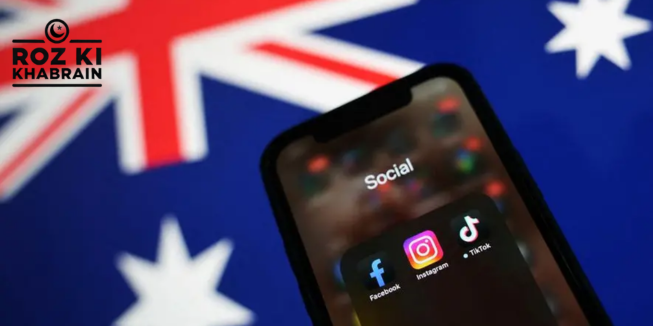Australia passed a social media ban for children late Thursday, requiring tech giants like Meta (Instagram and Facebook) and TikTok to prevent minors from logging into their platforms or face potential fines of up to A$49.5 million ($32 million).
TikTok, a popular platform among teens for uploading and sharing videos, expressed concerns in a statement to Reuters, warning that the ban could push young users toward darker parts of the internet. The company emphasized the need for collaboration with the Australian government to address the challenges created by the rushed legislation, aiming to keep teens safe while minimizing unintended consequences for Australians.
The government had been signaling the ban for months, following a parliamentary inquiry earlier this year that heard testimonies from parents of children who self-harmed due to cyberbullying. Prime Minister Albanese’s Labor party, lacking control of the Senate, secured crucial support from opposition conservatives, allowing the bill to advance swiftly.
The bill was introduced last Thursday and moved to a select committee on Friday, with stakeholders given just 24 hours to submit their feedback. It was passed on Thursday alongside 31 other bills in a chaotic final day of parliament.
Meta criticized the law, labeling it a “predetermined process.” The company referenced a previous parliamentary inquiry that had questioned the clear link between social media and mental health issues in young Australians, contrasting it with the Senate Committee’s report that concluded social media caused harm.
Snapchat’s parent company, Snap, voiced concerns, stating the law leaves many questions unanswered.
Australia has had ongoing disputes with tech giants, being the first country to require social media platforms to pay royalties to media outlets for sharing their content. Earlier this year, the government threatened to fine companies that failed to combat scams.
Sunita Bose, managing director of the Digital Industry Group, representing most social media companies, pointed out the lack of clarity regarding how the law will be implemented. She stated that both the community and platforms are uncertain about the law’s practical requirements.
A trial for enforcing the law will begin in January, with the full ban set to take effect by November 2025.




